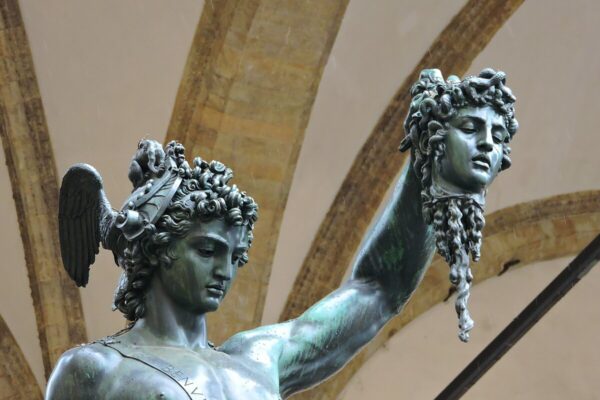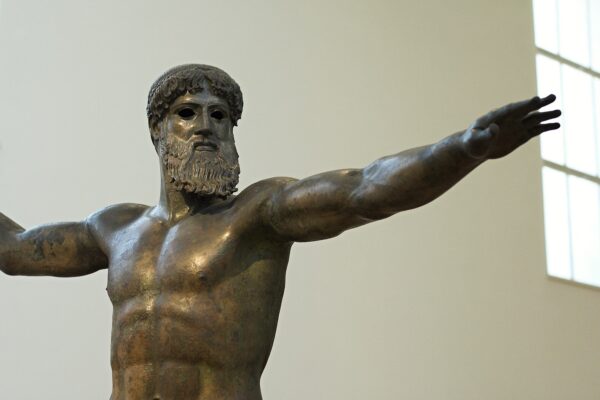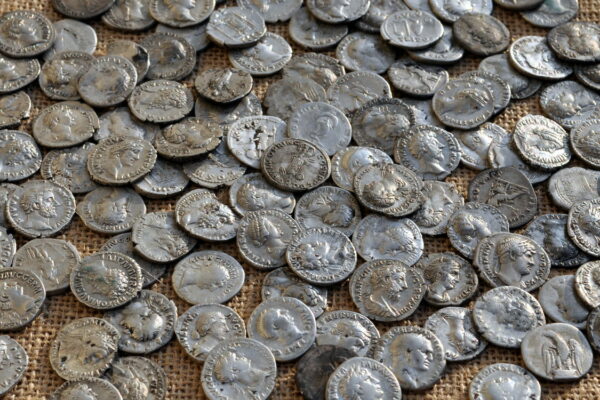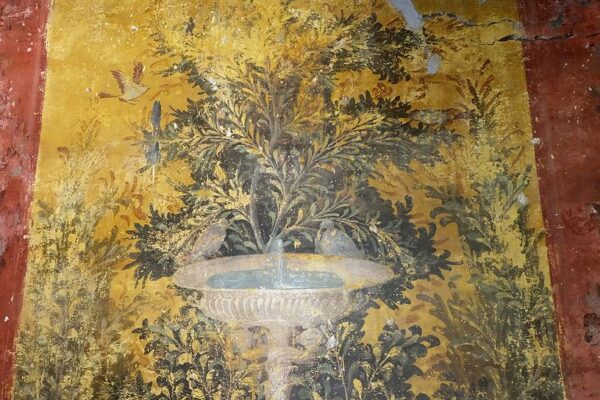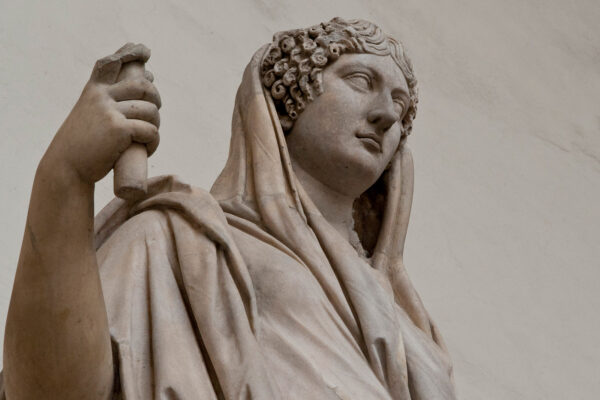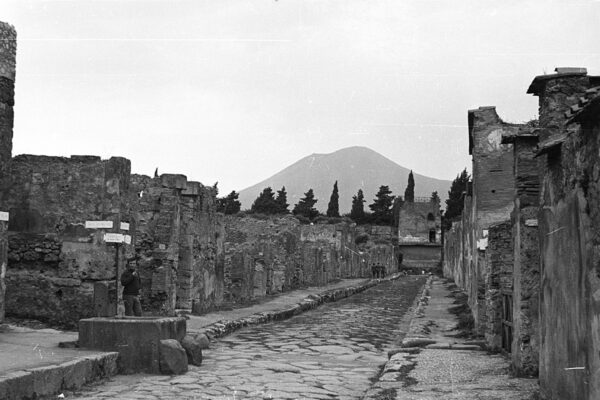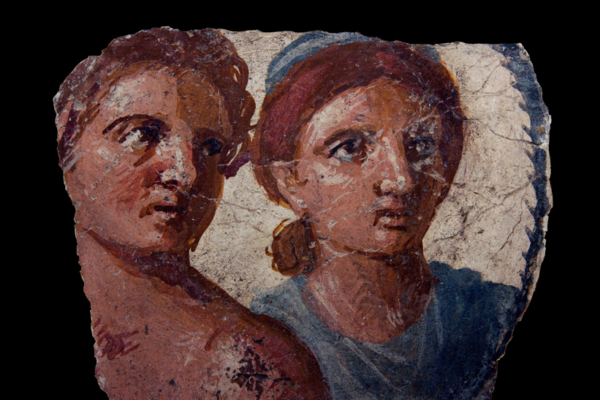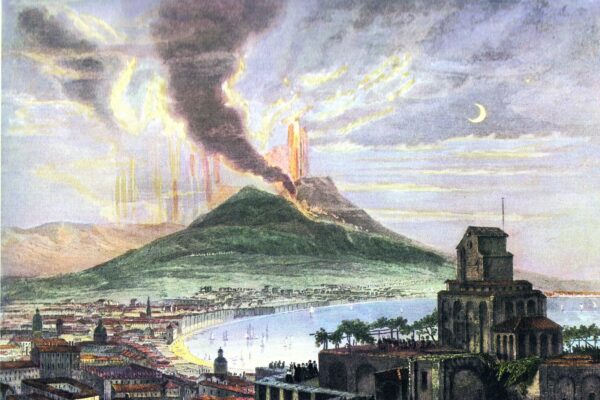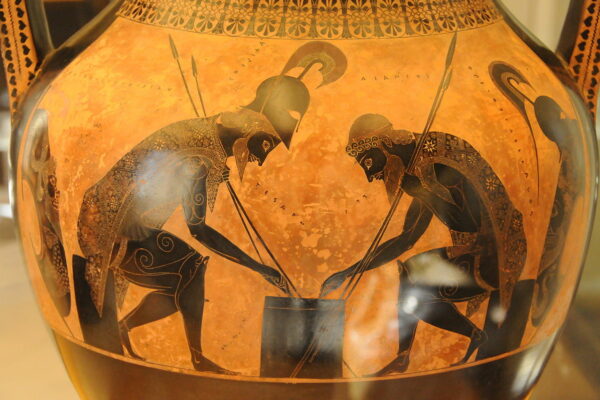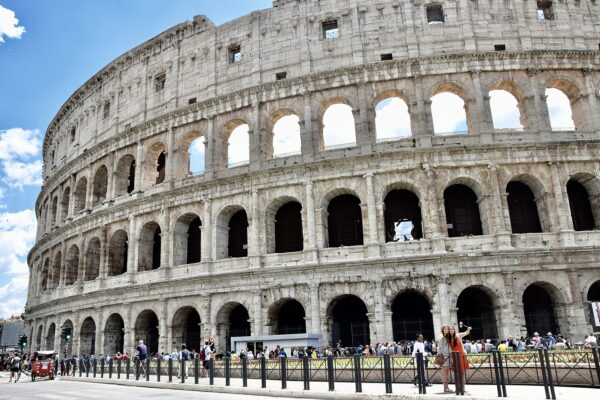You’ve probably heard the axiom “Never meet your heroes.” In Ancient Greece, the phrase was closer to “Never meet your heroes, because they will straight up get you killed, if they don’t casually kill you themselves.” Although Ancient Greek gave the world the word “hero,” their definition of the word was pretty far from our …
Read More

